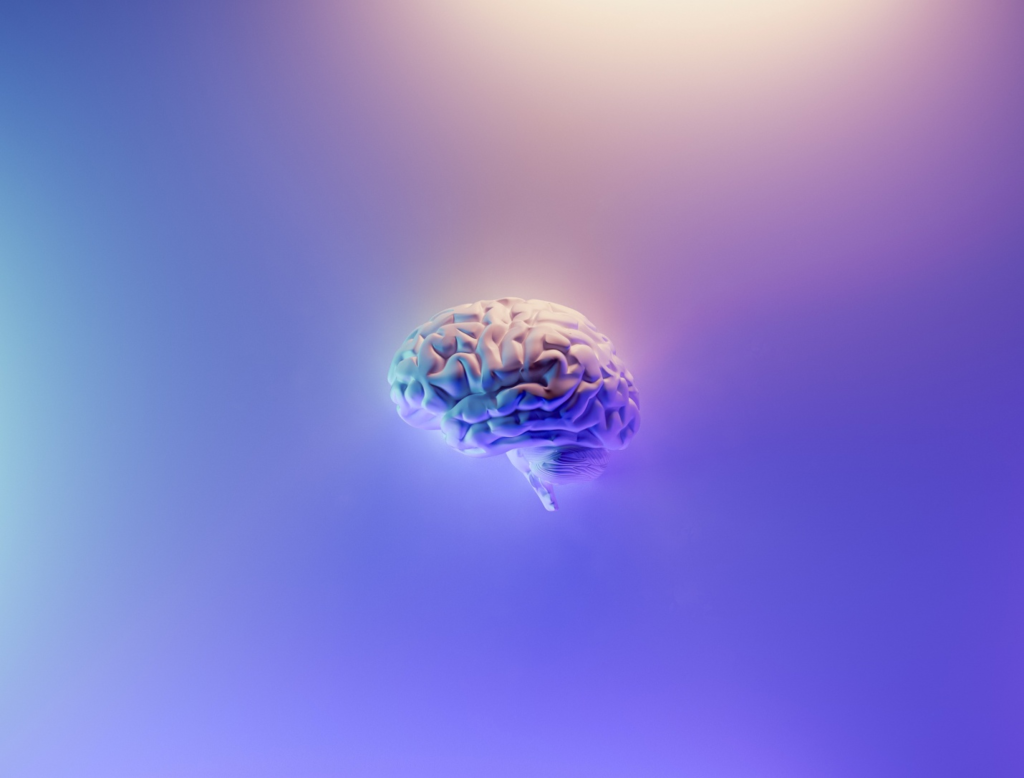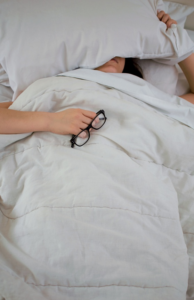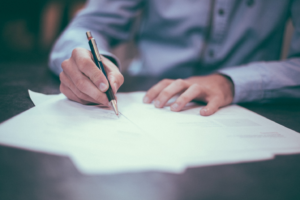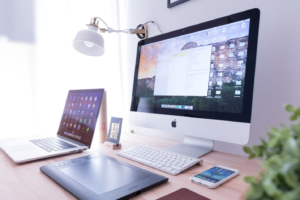
- admin
- May 18, 2022
- 10:58 am
- No Comments
Sleep and Performance in an Exam
Sleep plays an essential role in our body’s functionality. Scientists have been speculating about the purpose of sleep for centuries. We’re only now realizing that sleep has no single purpose; it serves the body in countless ways and is essential to almost every single organ in the body.
 When you’re preparing for an exam, it may be tempting to forgo sleep and study instead. However, as we’ll see shortly, this tradeoff does more harm than good. In this article, we’re going to discuss the different ways sleep deprivation can negatively affect your exam performance. We’re also going to include some tips on how to ensure quality sleep for the right amount of hours.
When you’re preparing for an exam, it may be tempting to forgo sleep and study instead. However, as we’ll see shortly, this tradeoff does more harm than good. In this article, we’re going to discuss the different ways sleep deprivation can negatively affect your exam performance. We’re also going to include some tips on how to ensure quality sleep for the right amount of hours.
So without further ado, let’s get down to business.
4 Ways Sleep Deprivation Affects Your Exam Performance
1. Sleep Deprivation Affects Your Memory Making Process
Sleep plays a fundamental role in making long-term memories. Everything you learn during the day is first temporarily stored in your short-term memory, which is limited. When you go to sleep, your brain starts sorting and storing those in long-term memory.
This relocation of memories from short-term to long-term memory also frees up your short-term memory for the next day. This means that you’re better able to make new memories and store new information.
If you don’t get enough sleep after exam prep classes and sessions, some memories don’t make it into the long term and are discarded. You’re also less able to store information in short-term memory.
2. Sleep Deprivation Makes It Harder To Learn
Albert Einstein got the idea of his theory of relativity in a dream. John Lennon’s song #9 Dream came to him in a dream. Even the final design of a sewing machine came to Elisa Howe in a dream. Coincidences? We think not.
 Dreams are thought to play an essential role in the brain’s learning process. When you dream, your brain stimulates the events and goes through your memories again and again to learn additional lessons. This post-processing of information is likely the origin of the phrase sleep on it.
Dreams are thought to play an essential role in the brain’s learning process. When you dream, your brain stimulates the events and goes through your memories again and again to learn additional lessons. This post-processing of information is likely the origin of the phrase sleep on it.
Sleeping on a difficult decision, a difficult problem or a different concept helps you gain more insight than you could while awake. However, most of it is subconscious so we don’t think sleep causes this new clarity. If you’re preparing for a concept-based exam such as the DCAS Exams and you’re not sleeping enough, you’re not going to learn any of the day’s lessons nearly as well.
3. Sleep Deprivation Impairs Your Cognition
Sleep deprivation has an immediate effect on your cognitive abilities. Even being awake for a few extra hours impairs your cognitions as severely as if you had legally prescribed levels of alcohol intoxication. Just like you shouldn’t drink and drive, don’t deprive yourself of sleep and expect to function as normal.
One of the notable ways sleeps deprivation affects your cognition is by decreasing the amount of available working memory. Working memory is like RAM. It stores temporary information needed for processing while you’re working. For example, your working memory is storing the words in this sentence so you can process the entire sentence once it ends.
Higher working memory allows you to process large amounts of information at the same time. This includes logical problems such as those you get in the FDNY exam. If you’re sleep-deprived and your working memory is limited, it’s hard to even follow long sentences, let alone process those problems to get to the answer.
4. Some Effects of Sleep Deprivation are Permanent
According to Matthew Walker, sleep scientist and author of the New York Times bestseller book “Why We Sleep”, being awake is low-level brain damage.
All the collection and processing the brain does during the day puts a lot of stress on it. Sleep is not a superficial cherry that enhances the brain’s cake, it’s a repair mechanism that keeps the brain from deteriorating and restores it back to its original state each morning.
When you deprive yourself of sleep for one day, you’re naturally sleepier the next day and need more hours of sleep than normal. However, you can’t bank on sleep like this. The brain never fully recovers from the damages of lost sleep. This means that sleep deprivation is bad for the short and long term—if you deprive yourself of sleep now, it’ll have a detrimental impact on not just the upcoming exam but on all future exams.
Tips To Improve Your Sleep
 1. Limit Exposure To Blue Light After Dark
1. Limit Exposure To Blue Light After Dark
Blue light can mess with your natural circadian rhythm and delay the onset of sleep. When blue light from our screens enters our eyes, the circadian rhythm thinks it’s still daytime and doesn’t induce sleep as quickly. You can reduce blue light exposure after dark by turning on the “eye comfort” mode on your devices. Using warmer lights in your room can also help.
2. Get Lots of Sun When You Wake Up
Getting lots of blue light when you wake up does the opposite. It lets your circadian rhythm know that it’s daytime and the circadian rhythm adjusts itself accordingly. This can undo some of the effects of blue light exposure at night.
3. Go to Bed the Same Time Every Day
The circadian rhythm is a biological 24-hour clock that controls your serotonin and melatonin levels to induce wakefulness and sleep. Ideally, the circadian rhythm should induce sleep at the same time each day.
However, when you go to sleep late even just one night, it pushes the clock forward and you find it harder to fall asleep at your normal time the next day. This is why it’s important to sleep on time even on weekends.
Civil Service Success is New York’s oldest civil service exam preparation center with over 45 years of hosting prep classes. We’re currently enrolling candidates in our preparation classes for the highly anticipated Sanitation Exam 2060 DCAS. We also host Suffolk and Nassau Police Exam prep classes and NYC Firefighter Exam prep classes.
Want to ensure your success in your next civil service exam? Get in touch now!

